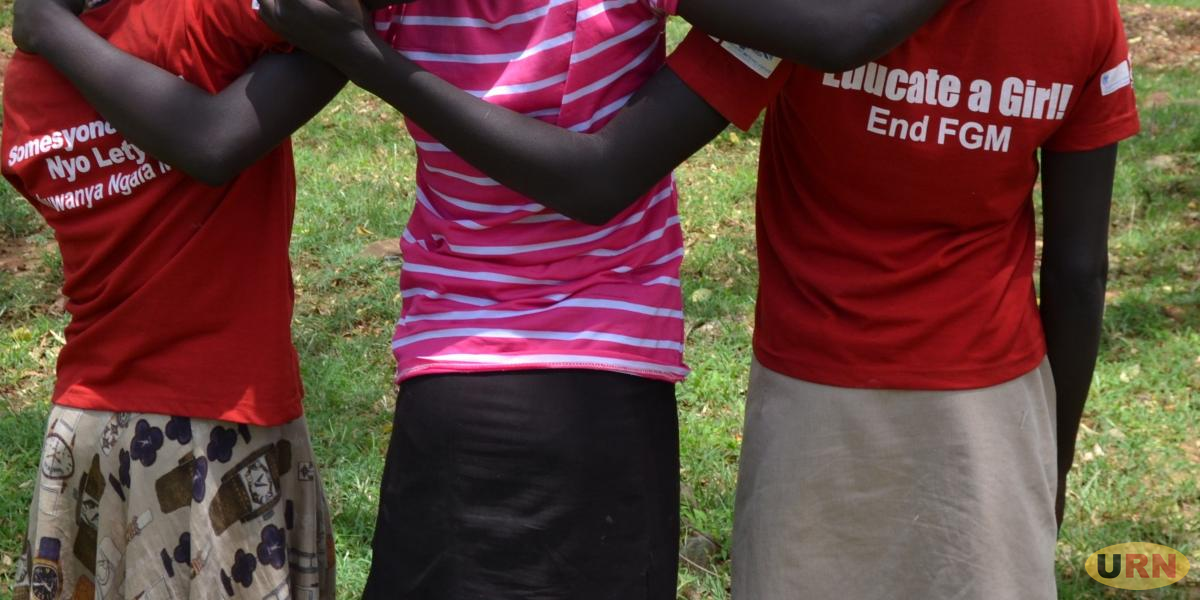Uganda registered an increase in Female Genital Mutilation cases during the COVID-19 pandemic, according to reports from the Ministry of Gender, Labour and Social Development.
FGM is the deliberate cutting or injuring of genitals to change their appearance often for religious or cultural purposes.
In Uganda, FGM is practiced in the districts of Bukwo, Kapchorwa, Moroto, Nakapiripiti and Amudat.
Prior to the COVID-19 pandemic in 2020, the prevalence of FGM in Uganda had reduced and remained stagnant for more than five years at 0.3 percent, down from 1.4 percent in 2011.
However, during the pandemic, records from health facilities show that the vice had increased by 56 percent. These new figures were shared during the Third Inter-Ministerial Cross Border Meeting for Addressing Female Genital Mutilation.
Peace Regia Mutuuzo, the minister of state for children and cultural affairs says the pandemic eroded all of the country’s progress made towards ending FGM.
UNFPA data from 2016 shows that the practice is mostly carried out in Moroto with a prevalence of 51.5 percent followed by Nakapiripirit at 49.2 percent and Amudat at 43 percent.
According to Mutuuzo, records show that women as old as 45 years of age took part in the right of passage during the pandemic.
According to the Gender ministry, many of the cases were detected in hospitals where women eventually go for delivery.
In addition to rising FGM numbers, officials say the introduction of medically carried out FGM was also noted. Mutuuzo attributes the increase in cases to hunger that forced many parents to marry off their daughters.
The United Nations Population Fund deputy Country Representative, Daniel Alemu urged regional governments to put in place measures that will reduce the occurrence of FGM.
He urged countries to increase funding aimed at ending AGM.
“With less than a decade remaining to achieve the Sustainable Development Goals, including SDG Target 5.3 on the elimination of harmful practices, now, as ever, this is the moment of turning words into reality for women and girls by implementing the regional action plan,” Alemu said. “I would therefore like to encourage the countries gathered here today to increase domestic resources for the implementation of the regional and national action plans for abandonment of FGM.”
Annually Uganda sets a side USD 55,000 towards eliminating FGM.



